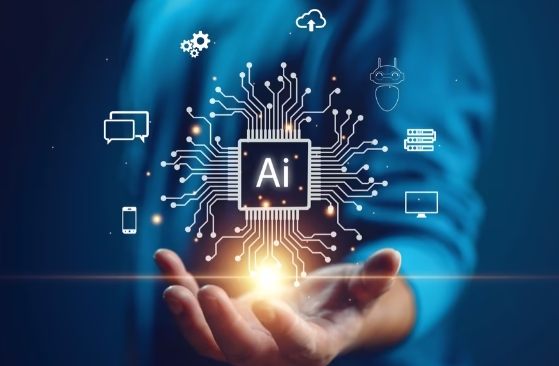Artificial Intelligence Development: Shaping Our Future
Artificial intelligence (AI) is transforming industries, enhancing daily life, and pushing the boundaries of what technology can achieve. Its relevance spans across various fields, from healthcare to finance, making it a crucial topic for anyone interested in the future of technology and society. This blog post will explore the evolution of AI, the ethical considerations surrounding its development, and the exciting possibilities for the future.
The Evolution of Artificial Intelligence
AI development has come a long way since its inception in the mid-20th century. Initially focused on simple problem-solving tasks, AI has evolved significantly with advancements in machine learning and neural networks. Today, algorithms can analyze vast amounts of data, recognize patterns, and even predict future trends. Notable milestones, such as IBM’s Deep Blue defeating chess champion Garry Kasparov in 1997 and Google’s AlphaGo beating Go champion Lee Sedol in 2016, showcase AI’s remarkable progress. This evolution not only signifies technological advancement but also illustrates humanity’s growing ability to harness complex systems to solve real-world problems.
Ethical Considerations in AI Development
As AI continues to advance, ethical considerations have become paramount. Questions surrounding data privacy, accountability, and the potential for bias in AI systems are important concerns that developers and researchers must address. For instance, algorithms trained on biased data can lead to discrimination in hiring practices or law enforcement. The development of clear ethical guidelines and regulations is essential to ensure that AI enhances societal well-being rather than exacerbates existing inequalities. Ongoing discussions among technologists, ethicists, and policymakers are vital to navigate these dilemmas responsibly.
The Future of AI: Opportunities and Challenges
The future of AI presents both exciting opportunities and significant challenges. On one hand, AI has the potential to revolutionize sectors like healthcare, making diagnostics and treatment more personalized and efficient. For example, AI-driven tools can analyze medical images faster than human doctors, potentially saving lives by providing quicker diagnoses. On the other hand, the automation of jobs raises concerns about employment and economic impact. Striking a balance between innovation and the workforce’s stability is crucial. Investing in education and reskilling initiatives will be essential as we adapt to an increasingly automated world.
Conclusion
As we stand on the brink of a new technological era, understanding artificial intelligence development is more important than ever. The evolution of AI brings both opportunities and challenges that will shape our future in profound ways. Stay informed, engage in discussions about ethics, and consider how these advancements might affect both your personal and professional life. Let’s embrace the journey of learning about AI and contribute to a future where technology serves humanity positively.

